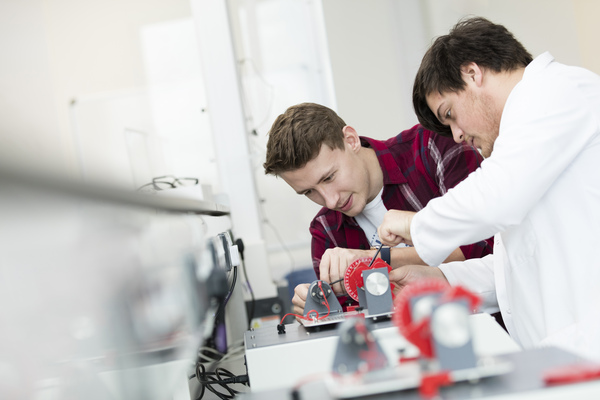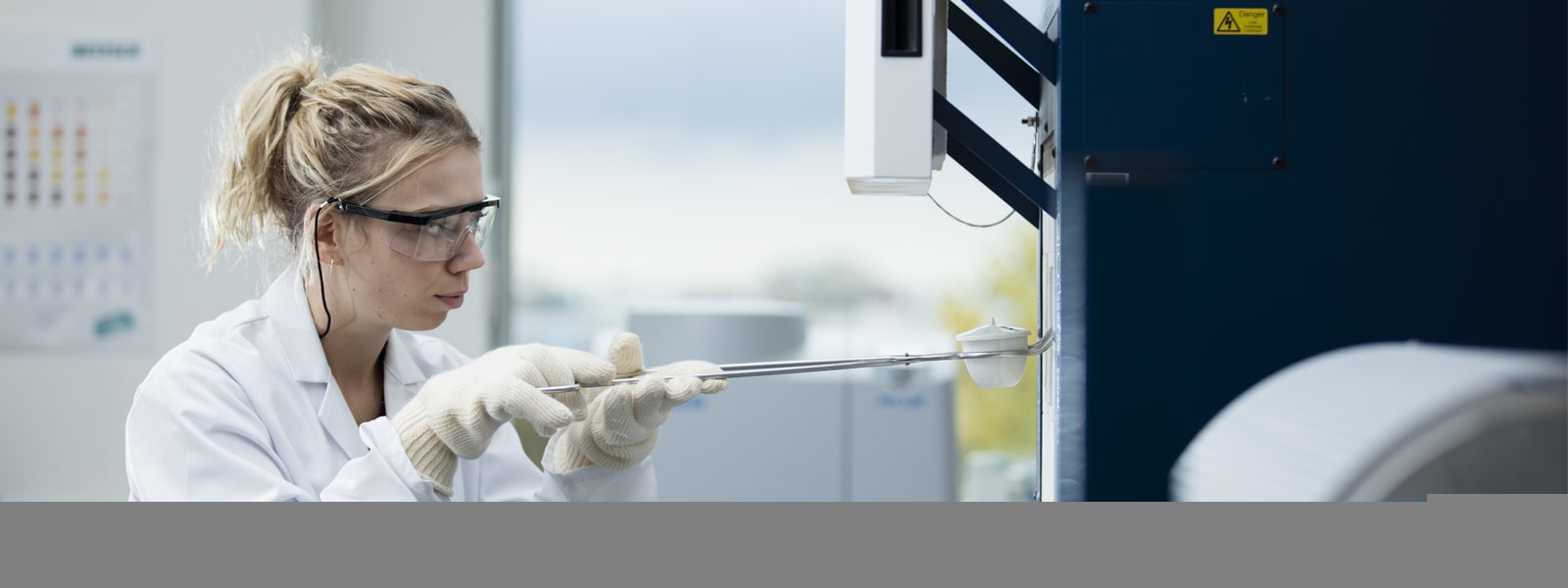Entry Requirements
First or upper second class honours degree.
Overseas students will be required to demonstrate English language proficiency equivalent to IELTS 6.0 overall, with a minimum of 5.5 in each element.
For information regarding other English language qualifications we accept, please visit the English Requirements page.
https://www.lincoln.ac.uk/studywithus/internationalstudents/englishlanguagerequirementsandsupport/englishlanguagerequirements/.
If you do not meet the above IELTS requirements, you may be able to take part in one of our Pre-session English and Academic Study Skills courses. These specialist courses are designed to help students meet the English language requirements for their intended programme of study.
https://www.lincoln.ac.uk/studywithus/internationalstudents/englishlanguagerequirementsandsupport/pre-sessionalenglishandacademicstudyskills
Non-exempt nationals who are subject to time-limited immigration permission (e.g. Student visa, dependent visa, refugee status) will be required to obtain an ATAS (Academic Technology Approval Scheme) certificate to enrol on this programme. For further guidance on ATAS, please visit: https://www.gov.uk/guidance/academic-technology-approval-scheme
https://www.gov.uk/guidance/academic-technology-approval-scheme




